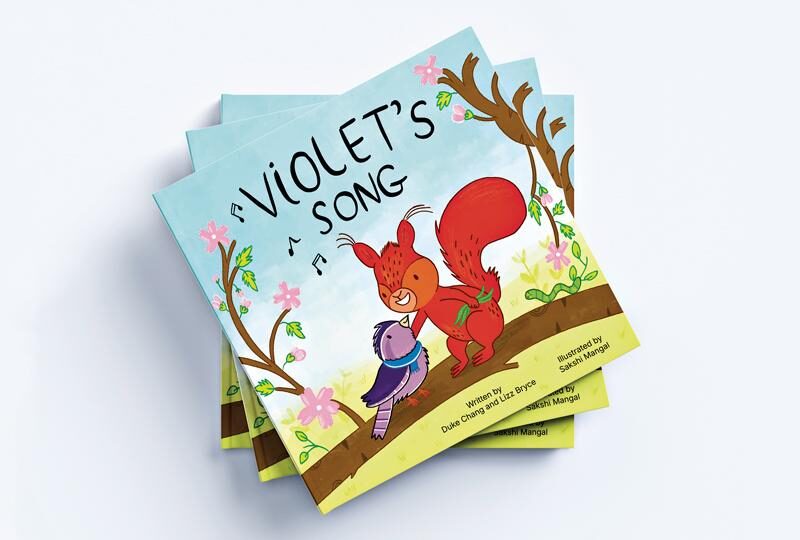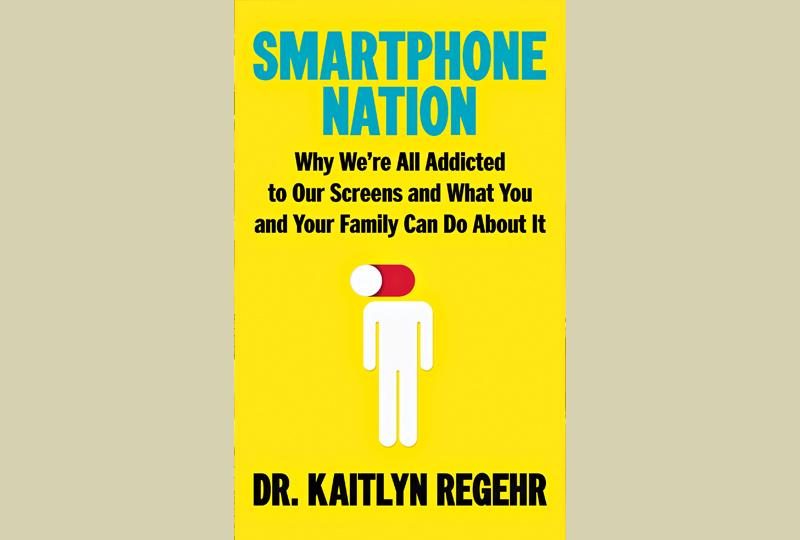
How to talk to kids about marijuana
By Dr. Yashar Khosroshahi
With the legalization of marijuana upon us in Canada, it’s important to open up the dialogue around cannabis in our homes and with our children.
Change is always met with a mix bag of emotions, and this time is no different. However, it is important to recognize that this is the new environment that our kids will be brought up in, and developing their understanding of how to navigate the world is our responsibility as their parents, leaders, and elders.
We must all be committed to providing children a safe space for them to ask meaningful questions and also for us to be able to offer them honest and factual responses, to the best of our ability.
The alternative options to building a trusted partnership through dialogue are unfavourable for all as it leaves us avoiding these important conversations or simply labelling it as “bad” or “good”. This type of broad stroke labelling is inaccurate, incomplete, irresponsible and dangerous.
Here are four tips and strategies to consider when speaking to your kids about marijuana.
1. BE OPEN AND WELCOMING TO AN AGE APPROPRIATE CONVERSATION.
Whatever the age of your child, always remember that more than anything they would like to be heard and to have their intelligence respected. As parents, before we are ever given the chance to positively influence our children, we must first create a welcoming environment for them to feel seen, heard and respected.
To help create a safe space for your child to speak with you about marijuana (or anything important) consider the following:
A) focus on having a conversation, not conducting a lecture.
The main difference between having a conversation and conducting a lecture is the frequency of questions asked, the amount of time given to your child to speak, and the degree of interest you have in how your child thinks about the issues that are being discussed. Focus your efforts on asking questions based on the ideas expressed by your child in a non-judgemental manner.
EXAMPLES:
- I hear what you are saying, can you tell me more about that?
- That’s a very interesting point, help me understand how you came to thinking that?
- I haven’t thought of it that way myself, can you explain your thought further?
- I think I understand where you are coming from, would you be open to hearing what I think about this?
B) minimize distractions so you can maximize impact.
Too often, even when our intentions are pure, the conversation breaks down because of environmental factors. This is because the brain is unable to multitask. In fact, the more distractions present the more likely it is that the conversation will stall or at worst lead to miscommunication. Turn off and tune in – put away the screens and find a quiet area so that everyone involved can safely express their thoughts. If you know your time is limited, then either mention that at the beginning of the conversation, or save it for another time where you know you won’t feel rushed.
2. IT’S OK TO NOT HAVE ALL THE ANSWERS.
Sometimes we avoid tough conversations because we think we need to be the expert on the subject. This is not the limiting factor to having a meaningful and connected conversation. Furthermore, your children don’t expect you to be the authoritative figure on the subject. They are looking to you to see if you’re able and willing to help them find the answers to their questions. It is imperative that both you and your child appreciate that not having an answer to the question is the beginning of a fruitful conversation, not a detrimental end. Stay focused on generating answers together. Here are some things to consider to have a productive conversation even when you don’t have all the answers.
DO: Thank them for their questions and honour their curiosity.
DON’T: Say things like, “Why all the questions?”, “Do you think that’s relevant?”, or “What do I look like to you, an expert?”
DO: Let them know you are willing do some research and get back to them.
DON’T: Make up an answer. Not only is this unfair and dangerous, but continuing to do so will quickly erode your child’s trust in you.
DO: Ask them if they would find it beneficial if both of you researched the answer together. Often this can be done in the moment if that is what you both think is best.
DON’T: Turn their question into “evidence” that they are not ready to continue having the conversation.
3. AVOID EMOTION BASED RESPONSES.
This point applies to both extremes of the emotionally driven responses. On one end, demonizing marijuana and using fear tactics to drive your point home, and on the other glorifying its benefits and using the “we all tried it when we were young” narrative.
Overall, it is a good idea to be honest about your thoughts on the legalization of marijuana. However, your opinion should not over shadow your child’s need to develop their own understanding of the subject.
Outside of using the above tactics to make sure you are able to stay connected with your child throughout the conversation, it is essential to stay connected with your own emotions. Going into emotional overdrive greatly reduces your ability to think clearly, to stay present to your child’s need, and increases the likelihood of miscommunication. Also, repeatedly behaving this way all but guarantees that your child will shut down and find the answers to their questions somewhere else.
If you notice your emotions are starting to prevent you from communicating in a manner that is productive, try removing yourself from the conversation by saying something like the following:
“I am noticing my emotions are getting the best of me right now. Do you mind if I excuse myself for a moment? This conversation is very important to me, and I want to make sure that I am connecting to your thoughts and questions. How about we try again after dinner?”
4. ALWAYS, ENCOURAGE THE CONVERSATION TO CONTINUE.
Regardless of how close or far apart your opinions are from that of your child’s, make sure your child knows this is an ongoing discussion and they are always welcome to speak with you and ask you questions. Like all important issues in our lives, often a single conversation is not enough to encompass all our ideas and feelings.
This is especially true for your children because as they grow they will enter into different stages of psychological development and legal rights. The best way to ensure your child will continue to use you as one of their primary sources of information and support is by remaining engaged in your child’s interests, friends, and challenges.
Finally, remember, even if you aren’t exactly sure how you feel about the legalization of marijuana, don’t let that stop your participation in the conversation. Your child still requires a sounding board and a guide as they navigate this new environment. Use the suggestions above to help you stay open, connected and respectful of your child’s thoughts, feelings and needs.
Dr. Yashar Khosroshahi, Naturopathic Doctor, Brain Based Executive Coach. Learn more at drknd.com.





